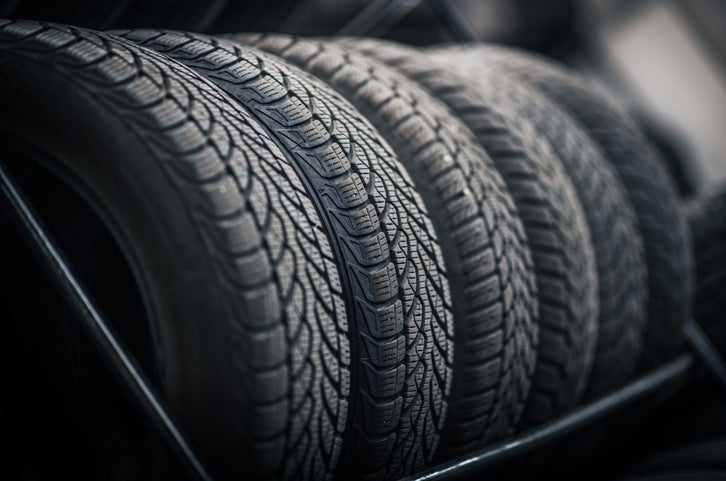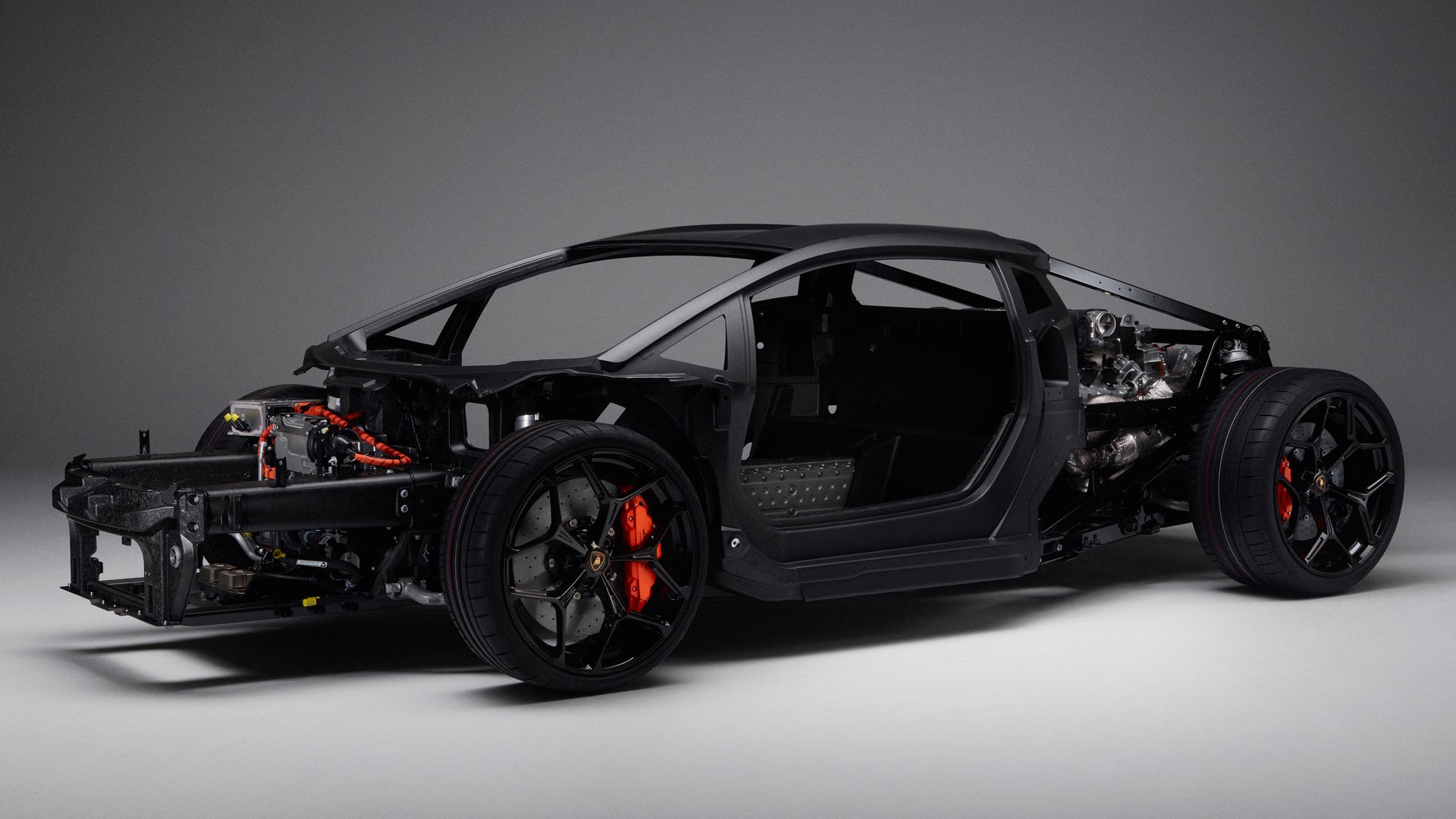Assuming that you are not replacing your tires with the same factory set, you must choose some of the best car tires based largely on driving conditions and desired service life. Your tires are your primary source of connection to the road, and you don’t want to settle for low-quality tires because it could compromise your safety. Here are a few best car tire recommendations that will enhance your safety on the road.
Why Buy Car Tires?
- Safety. If you drive around with old tires with worn-out treads, you risk losing control of your vehicle due to minimal traction. Replacing your tires with better quality tires with an aggressive tread design is the only way to ensure that your car maintains a comfortable grip on dry and wet surfaces and has maximum control and stability.
- A quiet ride. Old tires often create a low-pitched sound, especially when you are cruising down the highway. That could be an indication that the tire rubber is worn out and getting weak. Consider buying new tires made of high-quality rubber that will cushion the tires and minimize road noise.
- Security during a blowout. Even the spare tire wears out with time despite being used only in emergencies. You need to grab a new spare tire if the old one has too many punctures or worn-out treads so that you don’t get stranded the next time you have a flat.
Types of Car Tires
Passenger Tires
Passenger tires or original equipment (OE) come as a factory set for most vehicles. They are designed to be safe on the road and are for the average driver with average driving habits. The tires sport high mileage ratings and some have the all-weather capability. You can replace OE tires with a better quality tire as long as it’s of the same size.
All-Season Tires
All-season or all-weather tires are designed for all weather conditions. They are typically constructed with deeper treads to maintain traction on wet and dry roads. They are also designed to provide all-year safety and performance without compromising on durability. However, most all-season tires may not be able to handle deep snow.
Snow or Winter Tires
Snow tires are designed to improve traction and handling when driving on ice and deep snow. Some come with studs for an extra grip while other tires are studless but have deeper and wider treads that pack chunks of snow to facilitate car movement. Snow tires, however, are only good for the cold seasons as they often exhibit poor performance on a dry road.
Performance Tires
Performance tires are designed to offer sports cars and other vehicles increased traction, cornering capability, and handling response especially at high speeds. Performance tires improve precision on the road, but that often comes at a cost of higher gas mileage, shorter tire lifespan, and reduced rider comfort.
Top Brands
Michelin
Michelin is a multinational French tire brand that was founded by Edouard and Andre Michelin. The company produces tires for motorcycles, scooters, bicycles, and cars. Michelin tires are known for their high-quality rubber and ability to promote fuel efficiency. Many of its consumers also appreciate that the tires come with tread-life warranties. Michelin products are used by motorsport organizations such as Le Mans and MotoGP races. Some of the most durable tires from Michelin include the Michelin Defender LTX M/S and the Michelin Defender T+H.
Pirelli
Giovanni Battista Pirelli founded Pirelli back in 1872, and it’s now a multinational tire company based in Milan, Italy. Pirelli produces high-performance tires for supercars, SUVs, and sedans, as well as tires for motorcycles and bicycles. The company maintains its relevance and reputation in the automotive industry by sponsoring sport competitions like FIA Formula One World Championships. One of Pirelli’s top of the line tires is the P Zero Run Flat.
Continental
Continental AG is a German-based multinational company that specializes in manufacturing tires, brake systems, interior electronics, and chassis components among other products. The company was founded in 1871 and is currently recognized as the world’s fourth-largest tire manufacturer. Continental’s best passenger car tires are the Continental TrueContact.
Best Car Tires Pricing
- Under $100: Most tire types within this price range may not come with the most durable construction, but you can expect to get decent traction on wet and dry surfaces and a comfortable ride. However, you will not find many winter tires within this price range unless they are from new entrants in the tire market.
- Over $100: This is the price range for most winter tires, all-terrain tires, high-performance tires, and some of the best all-season tires. Expect to find tires with great traction and even ones that promote fuel efficiency. The products here are designed for longevity and are often backed with treadwear warranties by the manufacturers.
Key Features
Load Capacity
Load capacity is a measure of how much weight the tires can take before losing air pressure. You need to factor the weight of your car, which may average around 4,000 pounds, as well as the cargo and passengers you often carry. Tire manufacturers usually indicate the maximum load capacity for each tire on their products. The general rule is that you shouldn’t select tires that can’t handle what you transport.
Construction
The construction of the tire should meet the Uniform Tire Quality Grade (UTQG) standards. It has to be resistant to wear and temperatures for longer treadwear mileage. It should also promote a smooth ride with the best braking and handling. The tread design should promote the best traction on most surfaces, but it’s not a deal-breaker if the traction is poor on snow. You could get a snow chain or winter tires for that.
Other Considerations
- Cornering Ability: This is the measure of a tire’s ability to negotiate a corner at high speeds without bending the rims. It’s often determined by the construction quality of the tires, handling capability, and the vehicle’s suspension.
- Speed Rating: This is an indication of the tires ability to safely move from point A to B at high speeds over a given timeframe. A higher speed rating translates to better handling and control of your vehicle at high speeds. It also means that the tire is heat-resistant.
Best Car Tires Reviews & Recommendations 2020
Tips
- Rotate your tires to promote even tread wear and to prolong their lifespan. That will consequently improve your vehicle's fuel efficiency and promote a smoother ride. Include the tire rotation service with your regular oil change schedule. Alternatively, consult your owner's manual to know when you should do a tire rotation.
- Always check the tire pressure to ensure that your tires are well inflated to promote better handling and braking, improve fuel mileage, and maintain the condition of the tires. It also reduces the risk of a blowout. However, you should inflate your tires according to the weather conditions, as warm weather tends to increase the air pressure while cold weather lowers it.
- To prolong the lifespan of your vehicle, you should schedule a car alignment service at least twice a year, and keep your wheels well balanced. Also, don’t speed and avoid hard braking or hard starts.
FAQs
Q: Is it okay to replace only one tire at a time?
A: If you need to upgrade your tires, we recommend that you replace all four tires at the same time. Preferably, replace them with a matching set of tires (same brand and quality) to maintain the stability, balance, handling, and safety of your vehicle. That will also contribute to even wear of the tires as the tread depth and design will match.
Q: How do I get the right tire size for my car?
A: The easiest way is to look for size markings on the side of your car. It may be a number like 195/55-15, where 195 represents the width, 55 the height, and 15 the size of the rim in inches. You should then get a tire that matches the specifications or a slightly bigger tire if there’s enough space for it on your car. Alternatively, you could consult a professional car dealer on the different tire sizes available for your car’s year, make, and model.
Q: How long do tires last?
A: It depends on the tire type. All-season tires have a lifespan of about 70,000 miles. High-performance tires, like the ones on most sports cars, only have a tread life of 25,000 miles. That’s because they are made from a softer rubber compound that gets eaten away by the pavement faster. Ultra-high performance tires have a shorter lifespan of only 10,000 miles.
Q: How can I tell that my tires need to be replaced?
A: A standard tire has an average lifespan of five years, but high-quality brands usually last longer. However, you should replace your tires if the tread is less than 0.12 inches. Most professionals do the penny test, where you put a penny inside the tread and if the top of Lincoln’s head is visible, then you need to get your tires replaced.
Final Thoughts
Our top pick is the Michelin Defender LTX M/S, mainly because it’s a high-performance, all-season tire that’s suitable for a wide variety of cars. It also has a great construction that promotes longevity.
If you need a quick tire upgrade at a convenient price, you could go for the Continental TrueContact, which is an inexpensive tire that doesn’t compromise on quality.









